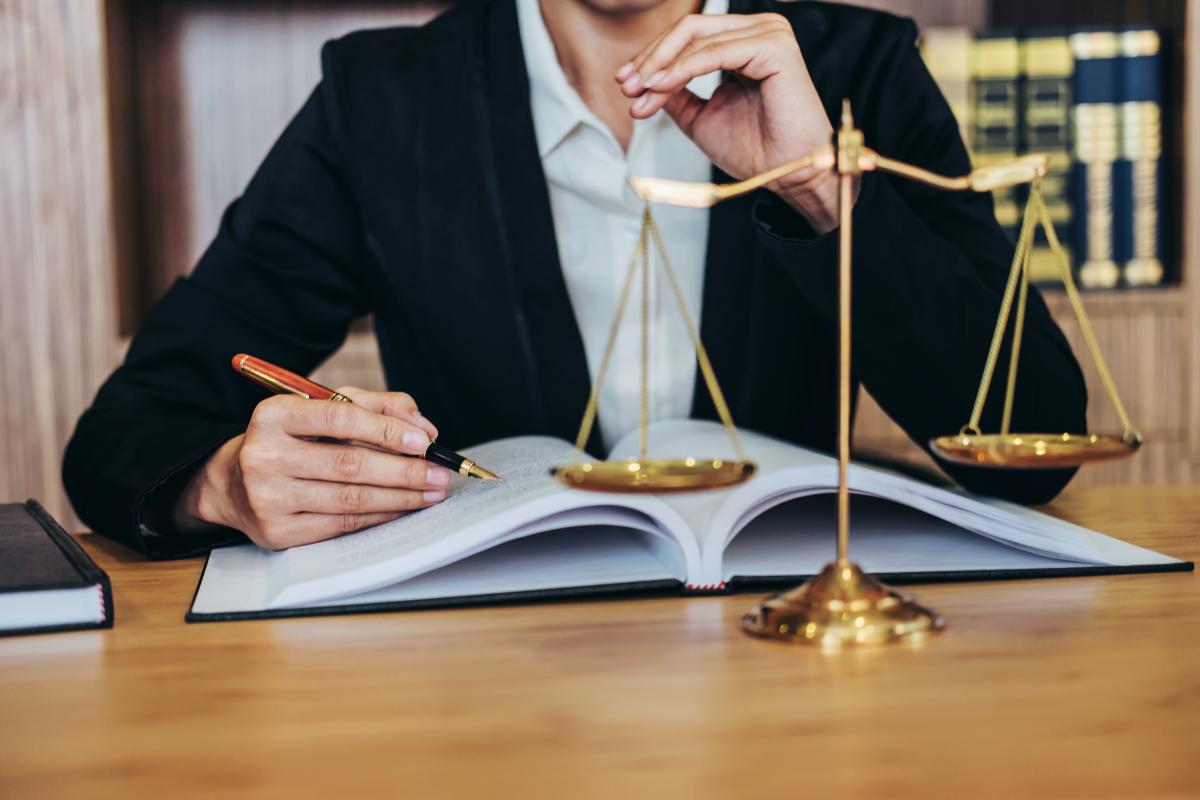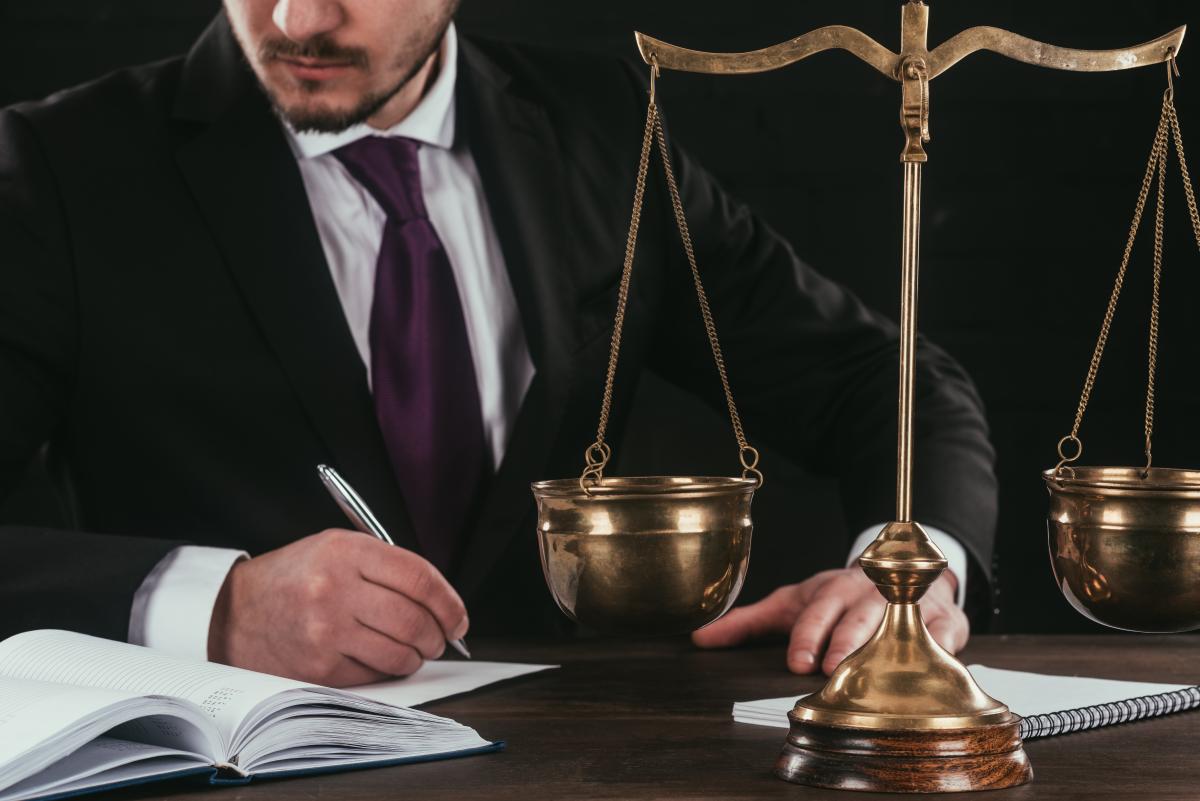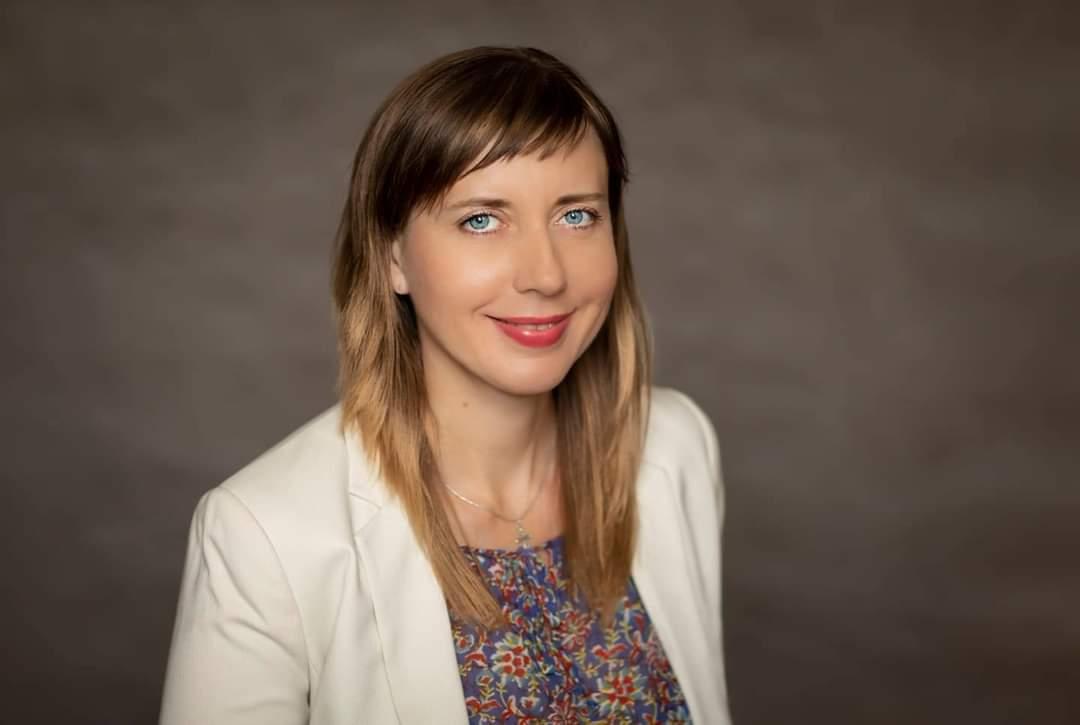
Historian Liubov Krupnyk: Among Soviet lawyers were "black sheep" who tried to actually defend dissidents
Public interest in the case of Vasyl Stus hasn't abated, so UNIAN spoke with historian Liubov Krupnyk about whether there were lawyers in Soviet times who really defended their clients, or whether everyone, without exception, danced to the KGB's tune.
How did lawyers work in Soviet times? Did they really have the opportunity to defend dissidents?
Your interest is probably due to the book about Vasyl Stus (a Ukrainian dissident poet)? The lion's share of the book is document copies from criminal case files. There are not so many comments. And those who are now interested in this topic are able to dive into that historical time through these materials. Very interesting memoirs of dissident lawyers Dina Kaminskaya (Lawyer's Notes) and Nelia Nemyrynska (On Court Cases and a Bit About Myself) were also published.
In my opinion, under any circumstances, it's all about the person. Even in the KGB there were some rare exceptions, although the system was terrible. The same applies to other law enforcers and lawyers. People were confined, but they also often had some space to maneuver. Indeed, there were several lawyers in the USSR who really defended their clients. And they were mostly from Moscow. It's interesting that among such high-profile dissident lawyers many were women – Nelia Nemyrynska, Sofia Kalistratova, and Dina Kaminskaya.
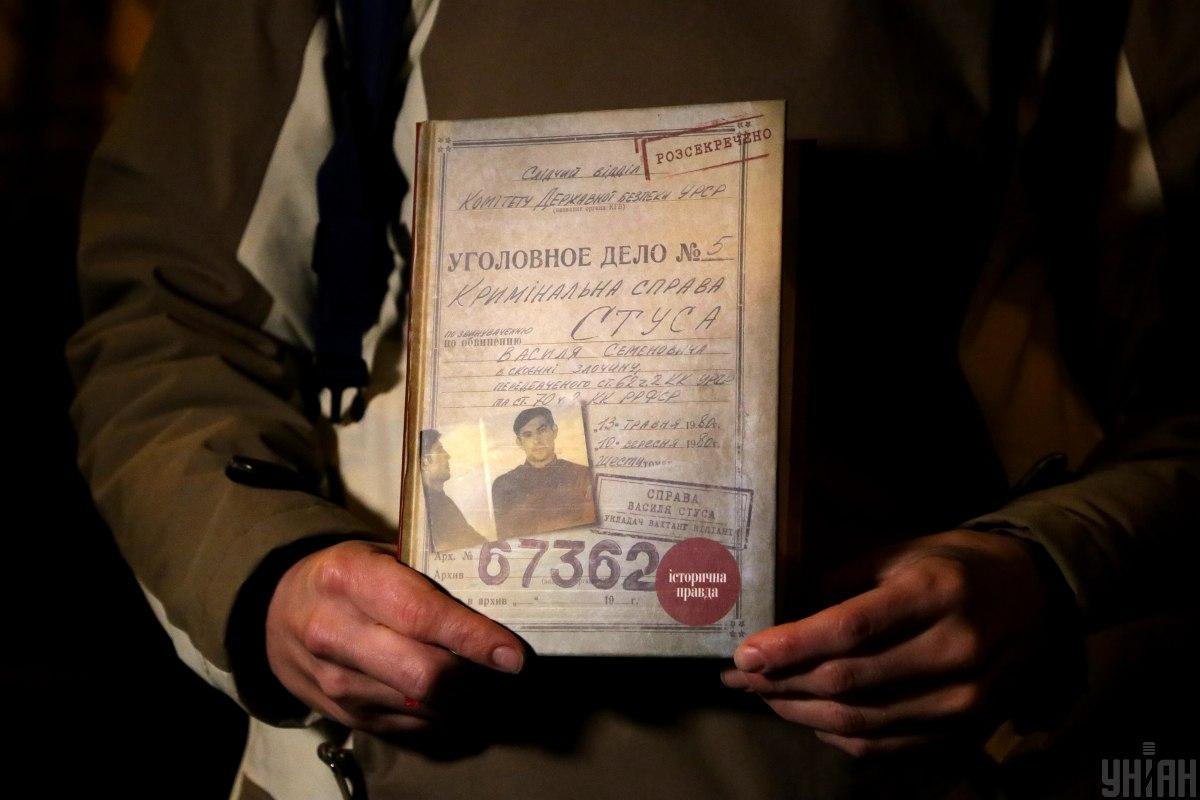
How many such real lawyers were out there?
There were very few of them. It was not an easy task to find such a lawyer for a political suspect. When Raisa Rudenko was looking for a defender for her husband Mykola (Rudenko, a Ukrainian writer, philosopher, founder of the Ukrainian Helsinki Group), everyone in Kyiv refused to take the case. Semen Hluzman mentioned that "Kyiv lawyers allowed to work with dissident cases had no dignity. Also, they were afraid." She was advised to go search for a lawyer in Moscow, then to turn to Nelia Nemyrynska in Voroshilovgrad (today's Luhansk).
While she was searching, the trial was held. But Nelia Nemyrynska did go visit the convict at the Mordovian camp. Transportation was poor in the area – they had to wait overnight for the next trolley to the village of Lisne, but the women decided not to waste time and walked 8 kilometers in the crackling frost. Even the camp administration was impressed, and for the political prisoner this was huge moral support.
The lawyers understood they had limited opportunities. They took the case only after the indictment was handed down. From late 1920s, the backbone of the law enforcement system was being broken down, being subordinated to the punitive-repressive machine… After Stalin's death, some things changed, but the judiciary and the law enforcement system remained the main tools of the totalitarian government. All political trials were in fact staged shows where everything was known in advance, where lawyers were merely a decoration.
Vasyl Ovsienko (Ukrainian public figure, member of the Ukrainian Helsinki Group) was defended by a Kyiv-based lawyer Serhiy Martysh. Some political prisoners, who had already been sentenced earlier, were subjected to persecution in other fabricated cases. In 1979, Ovsienko was accused of allegedly attacking a police officer and tearing the buttons off his jacket – so these were hooliganism charges. Martysh built the defense in a way that proved the absurd nature of accusations. This drove the prosecutor mad who was seen shouting at the lawyer in the court room…
"Political" suspects were defended by lawyers who had special access to such cases. These were proven people, but among them, as we see, there were "black sheep" who really tried to defend their clients. They understood that they could not radically change the suspect's fate. But, for example, Sofia Kalistratova, who defended General Petro Hryhorenko (Soviet Major General, known for defending Crimean Tatars and other deported nations, disgraced for his legal rights protection efforts and deprived of all privileges), drafted such a petition, which could only be granted, because otherwise – it would be a total disgrace. The reports reached the West and provoked a wave of condemnation of the Soviet punitive psychiatry. It seemed that the lawyers were doing a Sisyphean job but, drop by drop, as was in the Hryhorenko case, for example, this led to publicity, which forced the Soviet Union to allow the general to immigrate to the West.
We can say that these defense lawyers are heroes. Their names are worth talking about.
There is an opinion that judges and prosecutors from Kyiv at that time were crueler to dissidents than their colleagues from Moscow. Is this true?
According to a Moscow-based lawyer Sofia Kalistratova, the KGB in Ukraine was more brutal than in Moscow. Political prisoners from other republics were not convicted to the same prison terms as Ukrainian ones for the same kind of "offenses". Take Ivan Svitlichny... He served seven years in a concentration camp and five years in exile for anti-Soviet agitation and propaganda. He got back from there disabled.
How come?
One of the reasons is that in Ukraine in 1970-1982 the KGB was headed by Vitaliy Fedorchuk. During this period, the massive Block criminal case was being investigated (in 1971, mass repressions began, hundreds were imprisoned or put in mental clinics). In many dissident cases, resolutions were written in green ink, in his characteristic handwriting. This shows that the man was personally reviewing case files.
Svitlichny's wife's memoirs describe surgeries he underwent in a penal colony and in exile, which destroyed his health, and the harsh climate that eventually killed him. He could have been released due to poor health, but Svitlichny did his time in full.
Secondly, Ukraine was far from being a secondary republic within the USSR. After Ukraine declared Independence in 1991, Mikhail Gorbachev said the USSR couldn't exist without Ukraine. Therefore, any manifestations of the national liberation movement were fought with quite brutally.
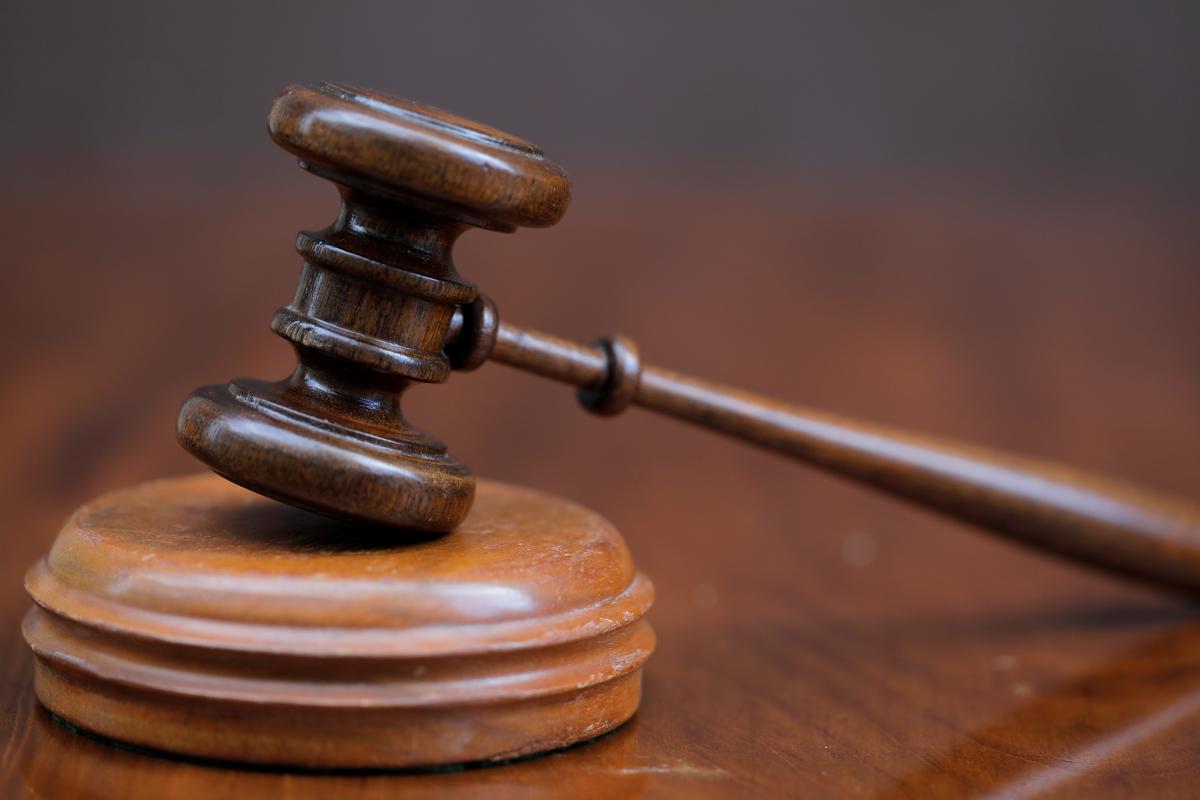
Were there any privileges or bonuses for lawyers who worked in political trials? Why did they agree to take part in these "staged shows"?
This is a page to study. Obviously, this was an opportunity for promotion. The bar league was not independent, it was nationalized. If a lawyer showed disciplinary negligence or professional ignorance, the authorities would go easy on them. At the same time, a "wrong" kind of speech in any political trial would leave a defense lawyer jobless. It was a heavy lever on them.
But we see that there were some exceptions. Sometimes lawyers realized they could not help their client, but at least they tried to support the suspect somehow. But also, there was indifference, cruelty on the part of other lawyers. Dissident Mykola Horbal (Ukrainian poet, public figure, and politician) recalls the words of lawyer Sofia Vasyutynska: "Well, fold your wings and take another blow of fate." Fabricated rape charges were pressed against him. He told the defender that it was nonsense, that it was a KGB provocation. In response, he heard: "Do you want me to blame the KGB? I won't do that. " Incidentally, Vasyutinskaya allegedly had been decorated with the Order of Lenin, being part of the lawyers' Golden 10.
What other falsifications did Soviet law enforcers go for?
Viacheslav Chornovil (Ukrainian politician, publicist, activist of the resistance movement against Russification and national discrimination of the Ukrainian nation) was also accused of rape. There were stories when drugs were planted on activists. Such provocations were aimed not only at accusing the target, but also at tarring them. The message to the public was: "They are criminals, antisocial elements."
Many diseases of the Ukrainian law enforcement system have their roots in the Soviet system. Earlier, wrongful things were done on the instruction from higher offices, while now this is done in other, corrupt ways.
Have I understood you correctly that the lawyers who "defended" political prisoners continued their work in independent Ukraine? Or did they quietly retire along with the detectives and KGB operatives?
There are some facts about medics who worked in special mental institutions run by the Ministry of Internal Affairs. They were also law enforcement officers...
There are such cases, indeed, unfortunately. But as a historian, I can hardly answer this question. There are things that have long required change in our country because otherwise, we will just keep going in vicious circles.
Vlad Abramov


